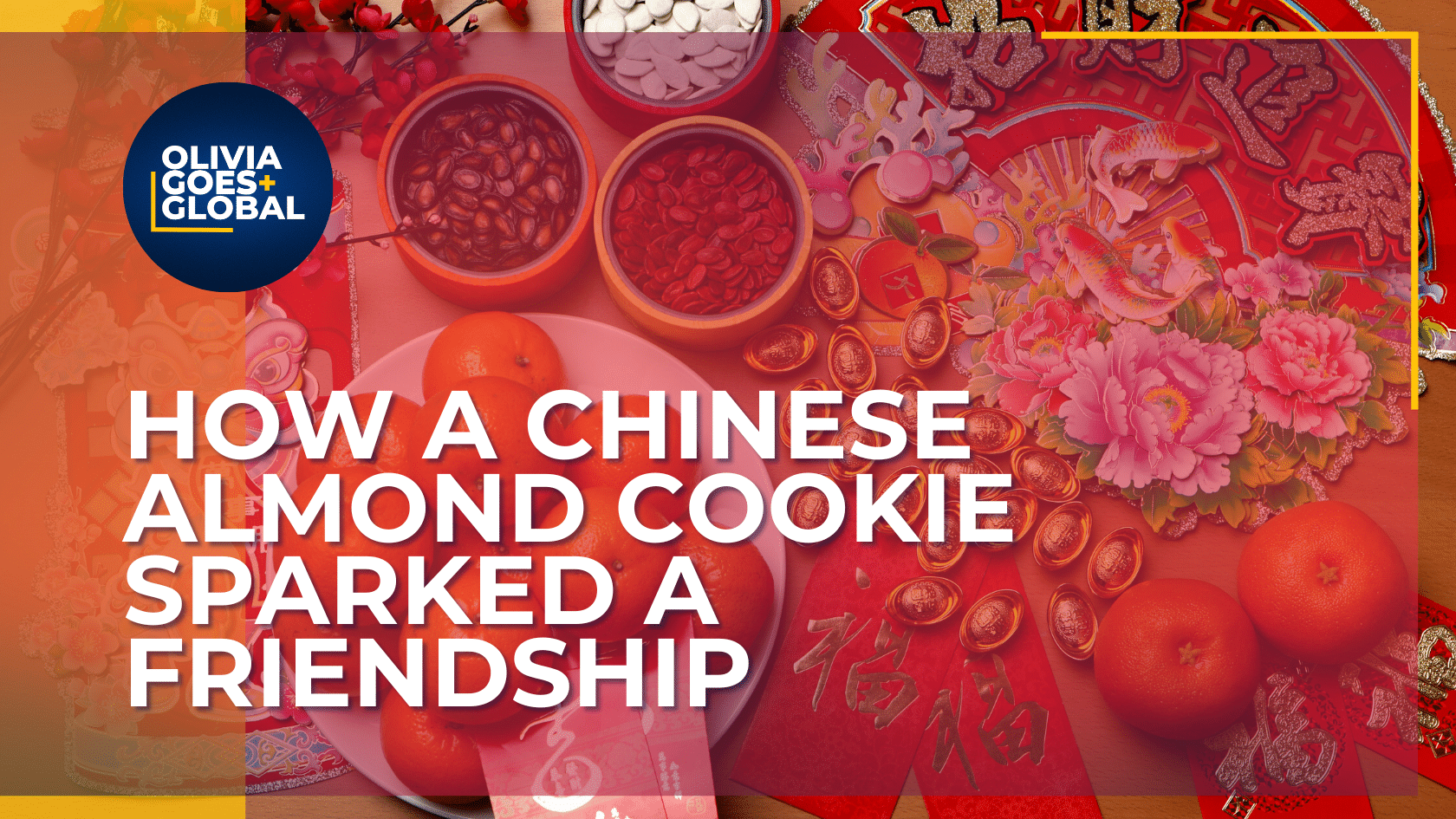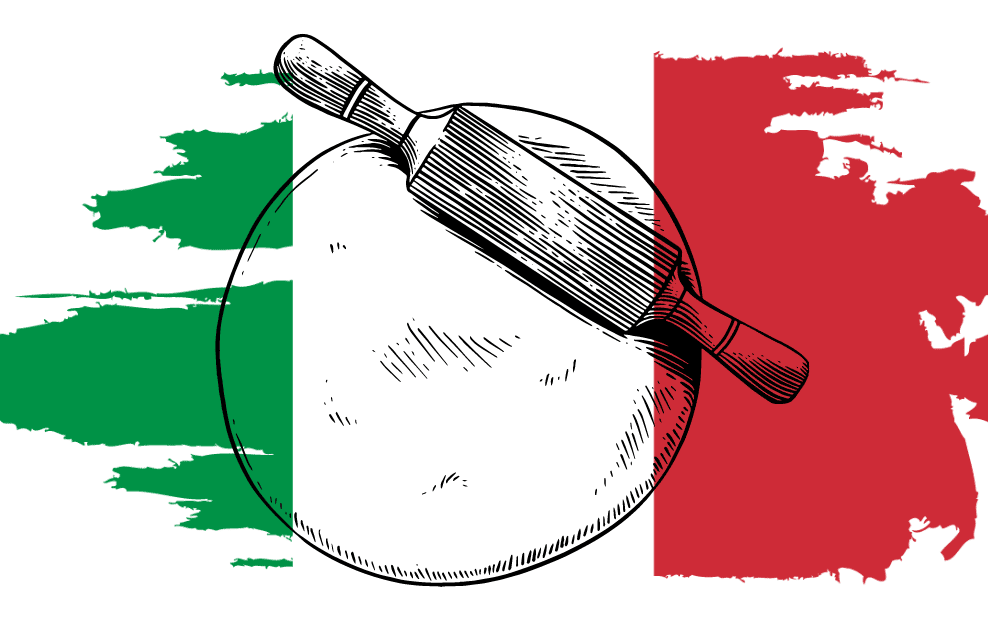No products in the cart.
Sustainable Kitchen Essentials for Eco-Conscious Cooking
Did you know that cultural heritage and environmental conservation are connected? The way we cook and the tools we use in the kitchen are deeply rooted in our cultural traditions and the resources available to us. Indigenous cultures all over the world have shown us how to use natural materials responsibly and make sustainable choices. By incorporating their wisdom into our modern lives, we can create a more eco-friendly kitchen without giving up our modern comforts.
In this blog post, we will explore sustainable kitchen essentials inspired by indigenous practices. These tips will help us use our resources more efficiently and preserve both our cultural heritage and the planet. From choosing eco-friendly cookware to sourcing locally grown ingredients, we will discover how small changes in our kitchen habits can have a big impact. So, let’s dive in and explore these sustainable kitchen essentials that can make a difference in our eco-conscious cooking journey!
CULTURAL HERITAGE AND WISDOM: TWO SUSTAINABLE KITCHEN ESSENTIALS
Cultural heritage and environmental conservation are deeply intertwined. Traditional cuisines and their techniques are rooted in the natural resources available to each culture. They reflect the land’s biodiversity and the values held by each culture.
When we think of sustainable kitchen essentials, we should start at the source. Indigenous groups around the world made use of natural resources in unique ways. The materials and ingredients used in cooking were readily available and used responsibly.
This doesn’t mean that we have to return to ancient cooking practices. It also doesn’t mean that we have to give up some of our modern luxuries that improve our quality of life. It simply means incorporating some of the wisdom and techniques used by indigenous cultures in ways that are good for the planet.
There’s so much that we can learn from other cultures, by the way they cook, source food, and go about their daily lives. Taking the time to honor their wisdom helps preserve both the culture and the planet–two things that are critical for the future.
SUSTAINABLE KITCHEN ESSENTIALS FOR ECO-CONSCIOUS COOKING

These tips for sustainable kitchen essentials are inspired by different cultures around the world. They give insight into ways we can use the resources around us more efficiently. Taking cues from these cultures, here are 7 sustainable kitchen essentials for your home:
Sustainable Cookware and Bakeware
Choose cookware made from eco-friendly materials like stainless steel, cast iron, or ceramic. These materials have longer lifespans and are generally recyclable. Avoid non-stick pans, which have toxic coatings that are bad for the environment and our bodies!
Baking is unfortunately one area that has a lot of unsustainable options. Silicone bakeware canvas piping bags are two sustainable kitchen essentials for frequent bakers (like me!).
Indigenous cultures all over the world have used sustainable cookware for centuries. One example is the Moroccan tagine. Nomads in Northern Africa used these pots as a portable oven. Today, tagines are excellent pieces of cookware that are both sustainable and useful for creating an incredible dish at home!
One of my favorite sustainable bakeware pieces are these handmade ma’amoul molds. They can be used for so many recipes. They’re also heirloom quality and can be passed down for generations.
SHOP MA’AMOUL MOLDS

Locally Sourced Ingredients
Embrace the flavors of your local region by prioritizing locally-sourced ingredients. Sure, some recipes need ingredients from the region it was created in to taste authentic. Spices and canned goods aren’t the most sustainable kitchen essentials in terms of carbon footprint, but they’re great for preserving cultural heritage. It’s important to think about which ingredients to import and which ones to buy locally.
Fresh produce are some of the most sustainable kitchen essentials. You can find them by visiting local farmer’s markets or joining community-supported agricultural programs. Supporting local farmers not only reduces your carbon footprint, but also helps preserve traditional farming practices in your area.
Food markets are a staple in nearly every culture around the world. In Ghana, buying from local farmers helps preserve cultural traditions, help the environment, and boost the local economy. These markets are an important part of daily lives and engaging with the community. When we shop locally, we are benefiting the community. And as many Ghanaians believe, we are only as healthy and whole as our community is.
Shop like a market pro with our handmade Ghanaian market totes. Made from brightly colored straw, they’re perfect for toting your food haul in style.
SHOP GHANAIAN TOTES

Food Storage Containers
Food waste is one of the largest contributors to landfills, amounting to almost 24%. Reduce food waste by practicing mindful meal planning and storage. Invest in reusable food storage containers and beeswax wraps to eliminate the need for single-use plastic wraps and bags. And don’t forget to compost your vegetable scraps! What doesn’t land into your dish makes a nutrient-rich soil for your garden.
Historically, food storage was an important part of survival. Many cultures around the world developed unique ways of storing food. Cultures in Oceania often use baskets and containers made from local grasses and leaves. It’s also customary for some cultures to create a dish at every meal out of palm leaves!
For those of us who rely on store-bought kitchen essentials, plant fibers may not be the best option. Beeswax wraps are a good alternative and one of my top sustainable kitchen essentials. They’re easy to use, have fun prints on them, and they cut out so much plastic!
Reusable Textiles
The U.S. is weirdly obsessed with paper towels, accounting for half the world’s usage. That’s crazy! Reusable napkins and hand towels are a must to reduce disposable paper waste. They’re also one of the most cost-saving sustainable kitchen essentials. The lifetime of a cloth towel can replace on average $100 a year in disposable paper towels.
Cloth dish towels are also handy for cooking, too. They’re great for straining, proofing breads, and preventing a burn from grabbing a hot pan from the oven.
Sustainable kitchen towels are easily one of my favorite essentials. They come in a variety of colors and patterns that fit with any decor. Best of all, they last a long time, meaning you’re pretty much guaranteed to get your money’s worth.
Cheesecloth and other breathable textiles were kitchen essentials for centuries. It’s believed that Marco Polo brought muslin cloth to Europe in the 13th century. From there, it was used by the ancient Greeks to produce cheese. It became an important part of preserving and storing foods. Today, many of these techniques have spread around the world!
My favorites are these hand printed dish towels in globally-inspired designs. Mix and match the designs for an eclectic look!
SHOP DISH TOWELS

Re-Grow Produce with Sustainable Planters
Did you know that you can replant many store-bought vegetables and fruits? Leave the base of celery, green onions, and some lettuces in tact and replant them–they’ll regrow! You can also save seeds from your favorite fruits and plant them in pots. With a little care and a green thumb, you can produce a sustainable garden from the food you already have.
Store them in fun and funky planters or upcycled cans and glass jars. When they’ve outgrown their containers, repot or plant directly into your garden and start again!
Planters are one of our favorite sustainable kitchen essentials at Olivia Goes Global. We switch up our designs pretty regularly, meaning there’s always something new. Pair them with one of our seed pop kits for a flavor boost!
SHOP PLANTERS

Sustainable Kitchen Cleaning Supplies
Opt for eco-friendly cleaning products that are free from harsh chemicals. Choosing natural and biodegradable leaning products reduces water consumption and prevents pollution. Additionally, replacing your cleaning wipes with reusable cloths or microfiber towels is a great way to reduce waste.
Some sustainable kitchen cleaning products are right in your own kitchen! Vinegar, lemon juice, and baking soda are some key ingredients to a home-made cleaning solution. Other options include essential oils like lemongrass and citrus oils. Essential oils can break down odors and sanitize with natural scents.
Store your cleaning solutions in clearly marked and upcycled glass jars for easy access!
Water Filtration System
Installing a water filtration system in your kitchen allows you to have access to clean water without having to rely on bottled waters. Plastics in these bottles have devastating impacts on the environment. They also contain toxins that can leach into the water. A good water filtration system can be one of the most cost-effective sustainable kitchen essentials–for both the environment and humans!
Today, many farmers are using ancient Amazonian techniques to purify water. Charred wood from campfires can be used to remove toxins from contaminated water. This technique provides a carbon-neutral option that helps preserve the earth, Amazonian culture, and reduce freshwater use.
Ditch the plastics and opt for one of our favorite sustainable kitchen products: recycled glass pitchers and carafes. Glass bottles help keep water fresh while also making you feel like you’re dining out at a fancy restaurant with every cup!
Our Favorite: this gorgeous recycled glass water carafe set made in Colombia.
SHOP RECYCLED PRODUCTS

WHY YOU SHOULD CARE ABOUT ECO-CONSCIOUS LIVING
Preserving environmental values isn’t a choice. I’s a responsibility we all hold for future generations. Eco-conscious living relies on the wisdom from ancient practices. Cultures around the world have developed sustainable practices that are still useful today. Honoring that wisdom helps preserve cultural identity and the environment.
When we choose eco friendly kitchen products, it’s a small step towards a brighter future. These choices are simple ways to to do as our ancestors did and live in harmony with the land. Together, we can make a difference by being mindful of how we cook and the things we use to do it. Every choice matters!






